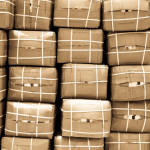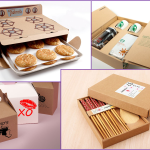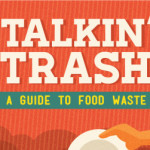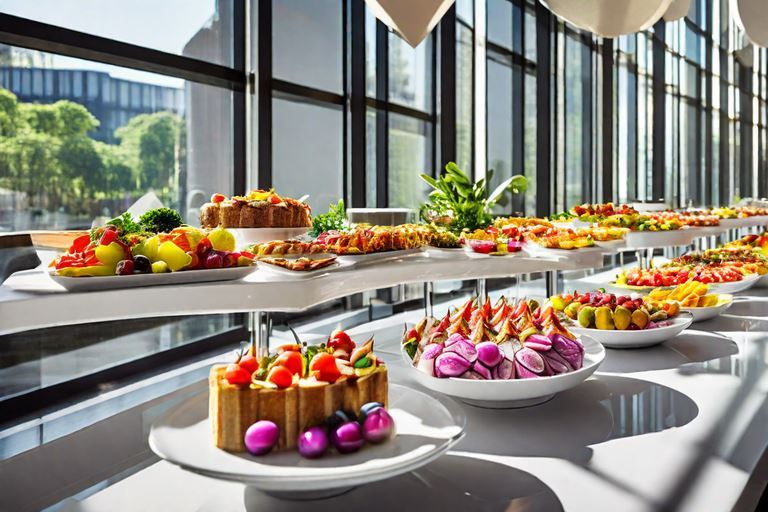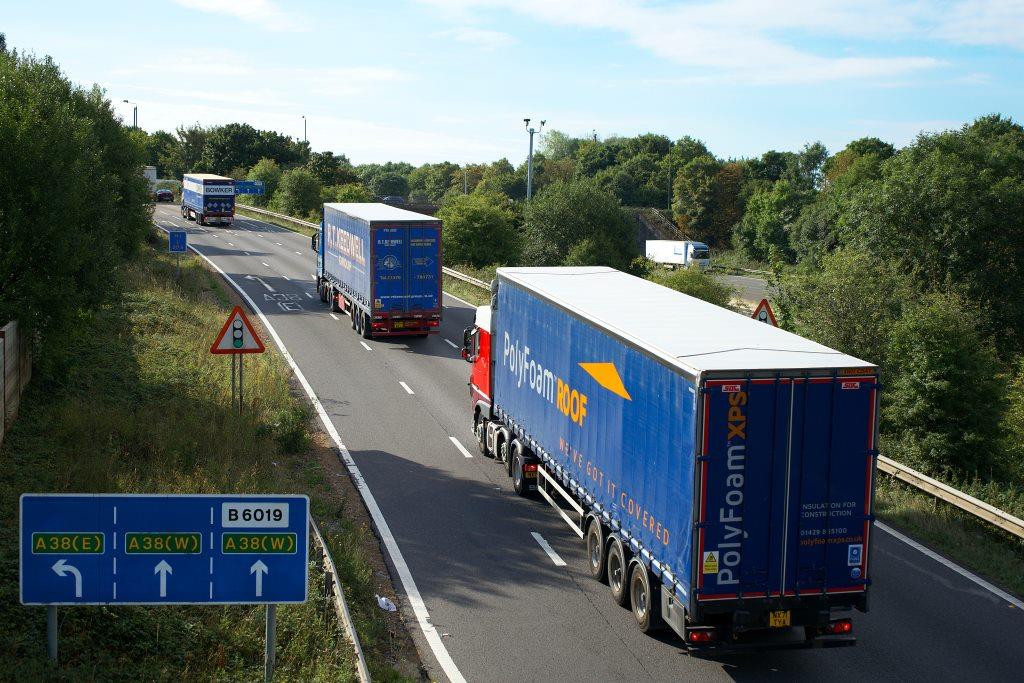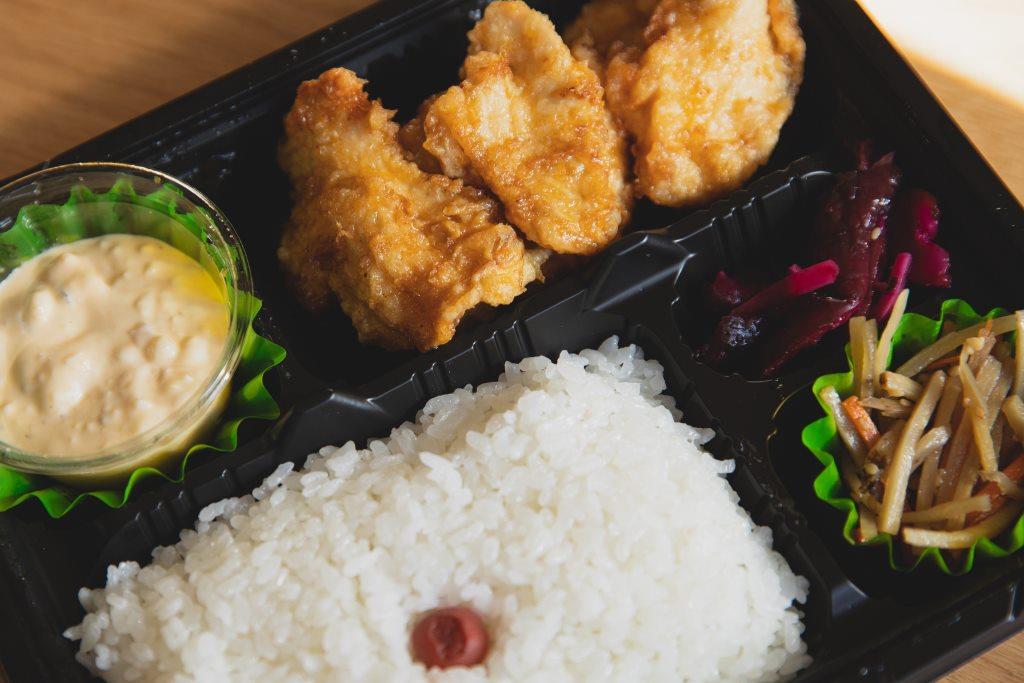
Plastics have developed a bad name recently, but they are still required in a great many fields, and one of them is food packaging. These plastics incorporate anything from plastic film to hard tubs, and we use them in their millions each and every day. This seemingly essential material has been used to keep food fresh and protected for many years, but not every type of plastic is as safe as you might think when it comes to our food.
Any plastic which comes into contact with food then it must be made from food grade plastic. Some plastics have a tendency to leach additives into the food, particularly when they come into contact with something acidic or alcoholic.
This can lead to these additives being consumed, which can have a massive impact on health. Food grade plastics must have certain standards of purity to maintain safety and do their job effectively. To explain further, Nick Mills, General Manager of Ansini, shares his insight into why some plastics are still necessary for the food we purchase.
Use of Plastic in Food Packaging
Once upon a time, plastic was seen as a luxury and our food was presented in glass bottles, tins, paper bags and wax paper. These days, almost everything is contained in plastic of some form or other, despite the damage that we now know it does to the planet. So, why do we choose plastic over other alternatives?
Unlike many of the traditional methods, plastic has long been seen as the safer way to transport food. Its durability means that it is far less likely to tear or smash, making it easier to transport and easier to store. If it is dropped, it is less likely to shatter or puncture, and therefore the contents are better protected, and the consumer is happier.
Its strength does not just protect against spills and drops; it also helps to protect food from contamination. This could be cross-contamination from allergens or from viruses and bacteria, making it an important tool when it comes to hygiene considerations.
Plastic was designed to be light, and when involved in food packaging, it can make a huge difference to the cost of transportation. As we can seal plastic more effectively, it also helps to prolong the shelf-life of the food within it and make it less susceptible to tampering and interference. By keeping the air and outside factors at bay, even meat and fruit can be kept fresher for longer within plastic packaging.
The abundance of plastic in the world has been the source of many news headlines, but this is also why it is used in such large quantities. It can be produced quickly and easily in vast quantities, meaning it is cheap and readily available. Contrary to popular thinking, a wide number of plastics are also recyclable, so they are still being used and reused in every form of food packaging.
Concern for Food Safety and Choice of Right Type of Plastics
When it comes to food, safety is paramount, so using the right types of plastic is important. Regulations from the FSA outline which types of plastics are food-safe, but this type of legislation varies from country to country. Plastic which is used in food packaging in the UK cannot use dyes or recycled material that could pose any type of risk to health. They should also avoid any type of additives.
Food-grade plastics include natural grade nylon 6, acetal, polypropylene, polyester, PVDF and PTFE (Teflon). There are other forms of plastic which can be food safe, including other forms of nylon, PVC, polystyrene, polycarbonate and acrylic, providing that they have the right chemical make-up.
Polyethylene Terephthalate (PET) is one of the most commonly used plastics in the food industry. It appears in a wide range of bottles for carbonated drinks, juice, energy drinks and water. There are also PET containers which hold nuts, crackers and cookies to name just a few of its uses. This is due to the fact that it is moisture-resistant and prevents chemical absorption into the food. It is a very flexible form of plastic, which is why it is used in so many different ways.
Polypropylene is made from a chemical combination of monomers and polypropylene gas. It is a plastic which rigid without being thick-walled and it can be subjected to different temperatures, making it microwave and dishwasher safe. It does not warp in these conditions or have a chemical or physical reaction to heat or cleaning products.
High-Density Polyethylene (HDPE) is strong and durable and is often used for plastic bags. It can also be used in bottles to store milk, juice, syrup, ketchup and vinegar in large volumes. Low Density Polyethylene (LDPE) has thinner walls and so less suited to long-term storage. It is often used in containers for spices and seasoning and usually has flexible and resealable caps. In addition, it is used in protecting fruits, vegetables and bread, and it can be perforated to allow breathability.
PVC is usually found in structural features such as pipes and window frames, but its strength and the ability to mold it makes it perfect for some forms of food storage too. These containers offer water-resistance and does not emit fumes, so the food that they hold is better protected.
It is tempting to think of food-related plastics as just containers and wrapping, but it can also stretch as far as takeaway containers, plates and utensils. Plastic coatings can also be found in your non-stick pan and even your fridge, so ensuring that they are all food-safe is vital. Many of these require more than one type of plastic to be involved, and so they need to be able to protect food properly, as well as being compatible with each other.
Choosing the right sort of plastics for food storage can seem complicated, but it is vital to get it right. These plastics all have their own uses and understanding each one shows what it is best for. They must not only keep the food safe from outside contaminants, but also try to ensure that it stays fresh and lasts for as long as possible both on the supermarket shelves and at home.
Nick Mills
Latest posts by Nick Mills (see all)
- How can your business reduce packaging waste? - December 29, 2022
- Use of Plastics in Food Packaging – Know Which Types are Suitable and Safe - January 14, 2022
- Which Kind of Packaging is Right for Your Product - October 10, 2021







